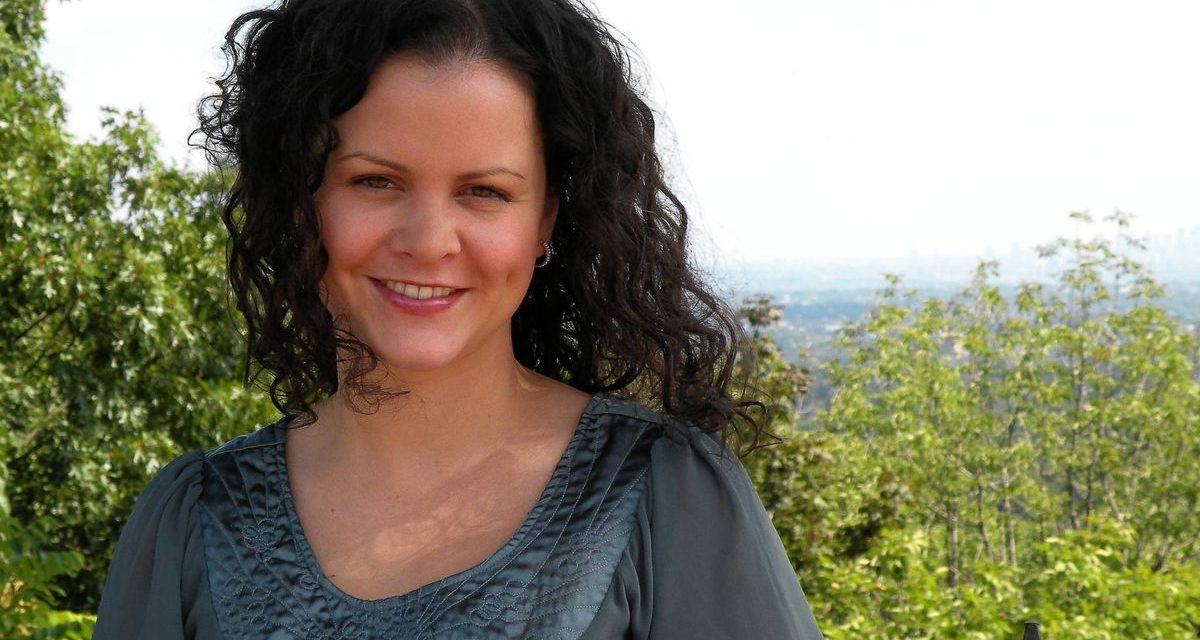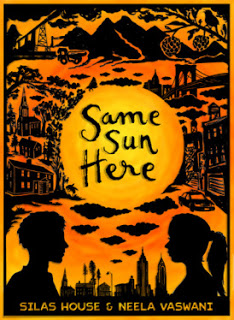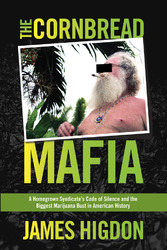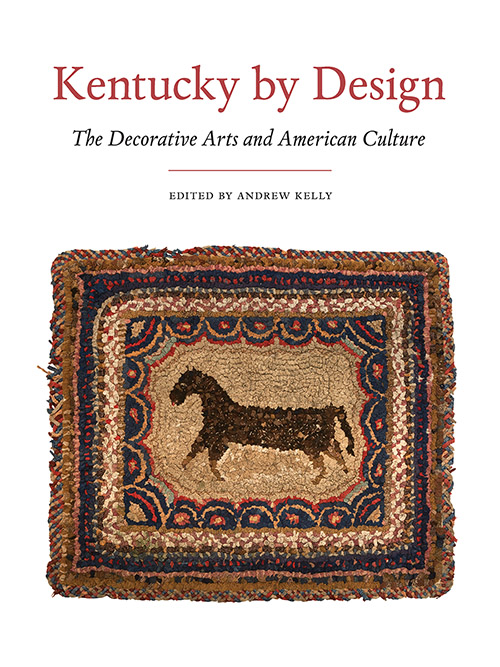Jeanine Cummins, author of “American Dirt,” (Joe Kennedy, Baltimore Sun)
American Dirt
By Jeanine Cummins
Hardcover Fiction
Flatiron Books
387 pages
A review by Haydee Canovas
Entire contents are copyright © 2020 by Haydee Canovas
There is nothing better than reading or listening to a book that transports you to a place you have never been to before. Likewise, there is nothing more tantalizing than to be told not to read a book because of x or y reasons. American Dirt by Jeanine Cummins is one of those books. Thank you, Facebook friends, for the heads up but I can make up my own mind.
The controversy: Jeanine Cummins is not Mexican or Mexican American and she shouldn’t be writing a book about Mexicans or South Americans. Jeanine Cummins is of Puerto Rican heritage and she is a mighty fine writer to boot. Her grandmother was born in Puerto Rico. As a nurse, I have always heard the phrase, “We nurses, eat our own”. Let’s just change the word nurse to Latinx and say, “We Latinx, eat our own.” When will we ever learn to see ourselves as a community with a common language and heritage? Many a time have I heard that I am not really Cuban because I wasn’t born in Cuba. Tell that to my daughter who, when she started school wouldn’t eat the food in the cafeteria because she didn’t know what it was or how it tasted. I had to talk to the principal and ask how I can send rice and beans with her to school and have someone warm them up for her. That’s where I learned about wide mouth Thermos. Problem solved. But I digress.
As a playwright, I would dare not write about a topic I know nothing about without reading books, watching documentaries, and interviewing those that are experts or have lived the life that I am writing about. Hence, Molly Driven, a play I wrote about sexual human trafficking, a topic I started hearing about around ten years ago while attending a conference, one of many in which learned that all my ideas about prostitution were wrong. A lesson learned and a lesson to teach. But I digress again.
Cultural appropriation is real, but also, we need to consider the severe and unjustified censorship that can become of it. American Dirt by Jeanine Cummins is a masterpiece of literature. Not once did I think she was slowing down or not keeping up with the same rigor as at the beginning of the book. From what I’ve read about Ms. Cummins she researched the material and spent time in Mexico learning firsthand about the issues migrants face. I was spell-bound when I listened to the book on the Louisville Free Public Library LIBBY app. It’s free to all library members and it is free to be an LFPL member.
Jeanine Cummins is an amazing writer and her talents have been exquisitely used to teach the rest of us what it is like to be a migrant that is seeking refuge to the north. Her descriptions of things and events are riveting. I was there with Lydia and Luca. I saw everything in my mind’s eye. It was delicious and frightening. As the story drew to its conclusion, I too was puffing on my albuterol inhaler for shortness of breath. Not just for me but also for Beto, the eleven-year-old asthmatic orphan that joined Lydia and Luca on “La Bestia”, the cargo trains that run south to north or vice versa. I too was frozen in fear when one of the characters attempted to rape Rebecca, Soledad’s fourteen-year-old sister, in the Sonoran desert.
As a Cuban-American woman, I learned a lot about a Mexican woman and her son. I learned a lot about two Honduran sisters and why they had to escape their country of birth. I learned a lot about poverty and its effects on people, those that are impoverished and those that are not. I learned and I empathized with my sisters and brothers trying to escape violence and oppression. Don’t read American Dirt because I tell you to read it. Read “American Dirt” because you will learn something you didn’t know before.
When an exceptional writer tells such a compelling story in a way that you are living it with her characters, shut up and pay attention. It is a lesson to be learned for all of us, Latinx and non-Latinx alike.
Suciedad americana
Por Jeanine Cummins
Ficción de tapa
dura Libros Flatiron
387 páginas
Una reseña de Haydee Canovas
Todo el contenido es copyright © 2020 por Haydee Canovas
No hay nada mejor que leer o escuchar un libro que te transporta a un lugar en el que nunca has estado antes. Del mismo modo, no hay nada más tentador que que te digan que no lea un libro por razones x o y. American Dirt de Jeanine Cummins es uno de esos libros. Gracias, amigos de Facebook, por el aviso, pero puedo decidirme.
La controversia: Jeanine Cummins no es mexicana o mexicoamericana y no debería estar escribiendo un libro sobre mexicanos o sudamericanos. Jeanine Cummins es de herencia puertorriqueña y es una excelente escritora excelente. Su abuela nació en Puerto Rico. Como enfermera, siempre he escuchado la frase, “Somos enfermeras, comemos las nuestras”. Cambiemos la palabra enfermera a Latinx y digamos: “Nosotros Latinx, comemos lo nuestro”. ¿Cuándo aprenderemos a vernos a nosotros mismos como una comunidad con un lenguaje y herencia común? Muchas veces he oído que no soy realmente cubano porque no nací en Cuba. Dígale eso a mi hija que, cuando comenzó la escuela, no comía la comida en la cafetería porque no sabía qué era ni cómo sabía. Tuve que hablar con el director y preguntarle cómo puedo enviar arroz y frijoles con ella a la escuela y que alguien los caliente para ella. Ahí es donde aprendí sobre Thermos de boca ancha. Problema resuelto. Pero yo divago.
Como dramaturgo, no me atrevería a escribir sobre un tema del que no sé nada sin leer libros, ver documentales y entrevistar a aquellos que son expertos o han vivido la vida sobre la que escribo. Por lo tanto, Molly Driven, una obra de teatro que escribí sobre el tráfico sexual de personas, un tema del que comencé a escuchar hace unos diez años mientras asistía a una conferencia, una de las muchas en las que aprendí que todas mis ideas sobre la prostitución estaban equivocadas. Una lección aprendida y una lección para enseñar. Pero me estoy desviando de nuevo.
La apropiación cultural es real, pero también, debemos considerar la censura severa e injustificada que puede resultar de ella. American Dirt de Jeanine Cummins es una obra maestra de la literatura. Ni una sola vez pensé que estaba disminuyendo la velocidad o que no mantenía el mismo rigor que al principio del libro. Por lo que leí sobre la Sra. Cummins, investigó el material y pasó un tiempo en México aprendiendo de primera mano sobre los problemas que enfrentan los migrantes. Estaba fascinado cuando escuché el libro en la aplicación LIBBY de la Biblioteca Pública Gratuita de Louisville. Es gratis para todos los miembros de la biblioteca y es gratis ser miembro de LFPL.
Jeanine Cummins es una escritora increíble y sus talentos se han utilizado de manera exquisita para enseñarnos al resto de nosotros cómo es ser un migrante que busca refugio en el norte. Sus descripciones de cosas y eventos son fascinantes. Estuve allí con Lydia y Luca. Vi todo en mi mente ojo. Estaba delicioso y aterrador. A medida que la historia llegaba a su conclusión, yo también estaba inhalando mi inhalador de albuterol por falta de aliento. No solo para mí sino también para Beto, el huérfano asmático de once años que se unió a Lydia y Luca en “La Bestia”, los trenes de carga que van de sur a norte o viceversa. Yo también estaba congelada de miedo cuando uno de los personajes intentó violar a Rebecca, la hermana de Soledad de catorce años, en el desierto de Sonora.
Como mujer cubanoamericana, aprendí mucho sobre una mujer mexicana y su hijo. Aprendí mucho sobre dos hermanas hondureñas y por qué tuvieron que escapar de su país de nacimiento. Aprendí mucho sobre la pobreza y sus efectos en las personas, los empobrecidos y los que no. Aprendí y simpaticé con mis hermanas y hermanos que intentaban escapar de la violencia y la opresión. No leas American Dirt porque te digo que lo leas. Lee American Dirt porque aprenderás algo que no sabías antes.
Cuando una escritora excepcional cuenta una historia tan convincente de una manera que la estás viviendo con sus personajes, cállate y presta atención. Es una lección que debemos aprender para todos, latinos y no latinos por igual.
Haydee N. Canovas is a lifelong learner. Specific pronouns are SHE and HER. She is a Family Nurse Practitioner by profession and an artist by the grace of the universe. She grew up in Hialeah, Florida in a Cuban-American household and learned to play the piano, sew, knit, crochet, embroider and those things that Cubanitas should do in order to get married and have children. She did get married and had two daughters that are now women. She soon realized that her potential was a lot more than motherhood and may have never been suited to having someone else tell her what to do.
Ms. Canovas is the co-founder of Teatro Tercera Llamada, a Spanish language theatre company in Louisville, Kentucky and a member of the national organization of playwrights, The Dramatist Guild. She has studied under Nancy Gall Clayton, Kathi E.B. Ellis, Migdalia Cruz, the feminist artists of Looking for Lilith Theatre Company, and Derby City Playwrights. She writes based on her interests in social and health issues and her Cuban-American upbringing.
Haydee N. Canovas aprende toda la vida. Los pronombres específicos son ELLA y ELLA. Ella es una enfermera practicante familiar de profesión y una artista por la gracia del universo. Ella creció en Hialeah, Florida, en un hogar cubanoamericano y aprendió a tocar el piano, coser, tejer, tejer, bordar y esas cosas que los cubanos deben hacer para casarse y tener hijos. Se casó y tuvo dos hijas que ahora son mujeres. Pronto se dio cuenta de que su potencial era mucho más que la maternidad y que tal vez nunca hubiera sido adecuado para que otra persona le dijera qué hacer.
La Sra. Canovas es cofundadora del Teatro Tercera Llamada, una compañía de teatro en español en Louisville, Kentucky, y miembro de la organización nacional de dramaturgos, The Dramatist Guild. Ha estudiado con Nancy Gall Clayton, Kathi E.B. Ellis, Migdalia Cruz, las artistas feministas de Looking for Lilith Theatre Company y Derby City Playwrights. Escribe en base a sus intereses en temas sociales y de salud y su educación cubanoamericana.





